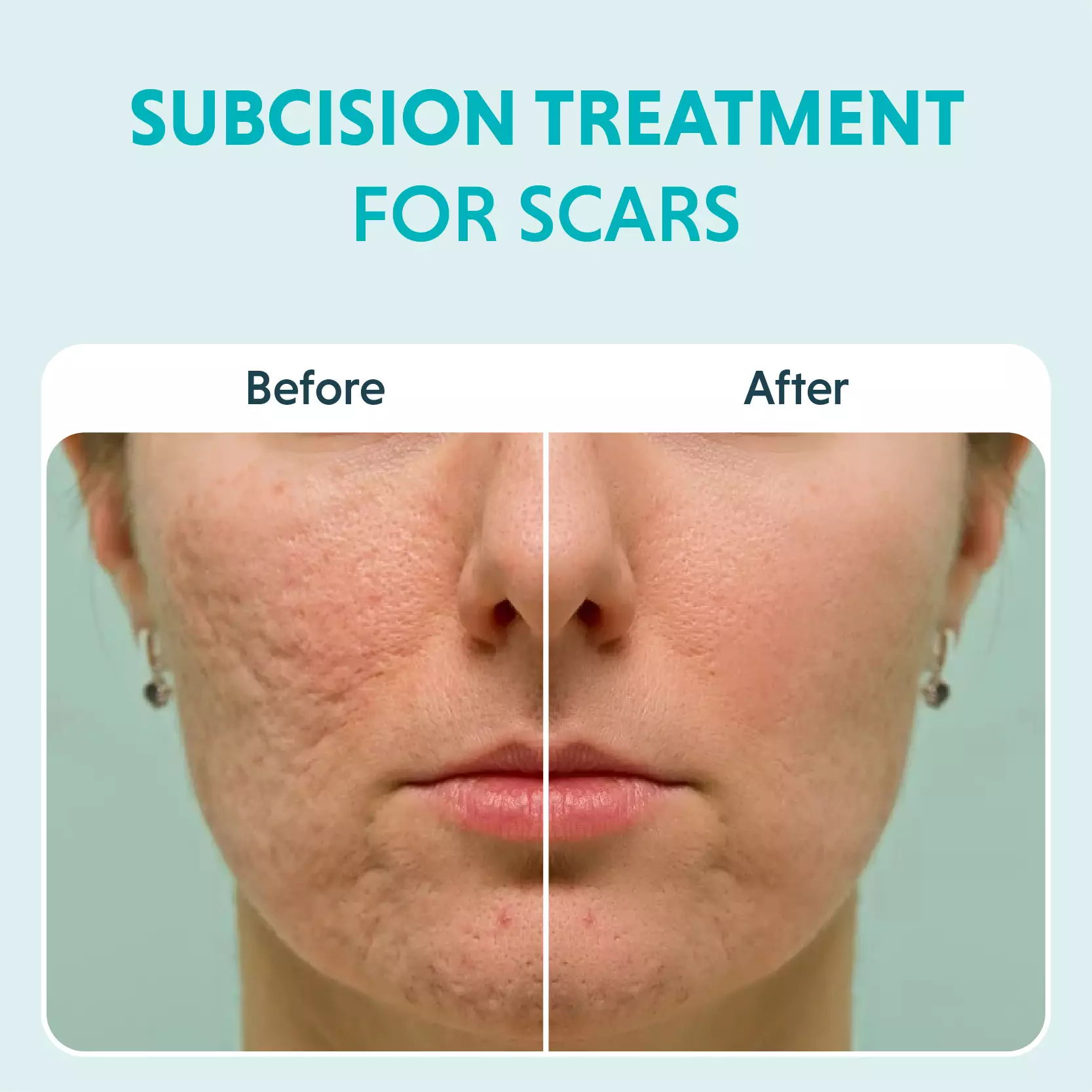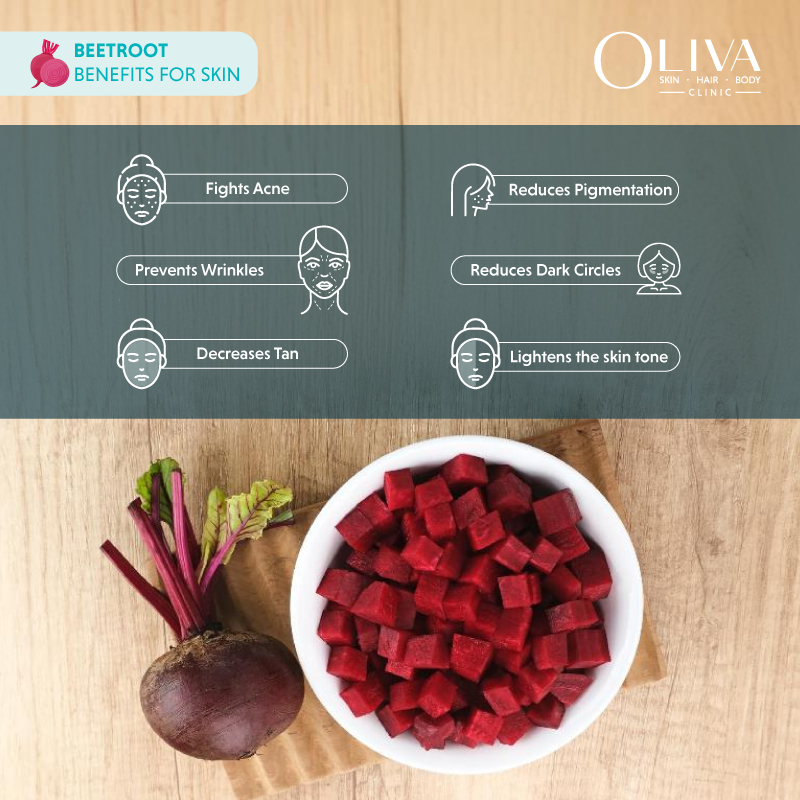Simple Skin Care Routine For Sensitive Skin
Skin covers our entire body and protects us from the elements. What happens when this powerful shield becomes weak and sensitive? Skin sensitivity is very common and can happen to anyone at any age. Is your skin “acting up” and giving you signs that are out of the ordinary?
What Is Sensitive Skin?
A sensitive skin type is when the skin reacts abnormally when; touched, experiences a change in temperature, environment, or has a reaction to skin care products and makeup.
This reaction can vary from mild to severe depending on the existing condition of the skin. Skin health is directly related to the health of the liver and sensitivity could indicate an issue with the same. Sensitive skin is mostly seen amongst babies and elderly people. In the case of someone suffering from sensitive skin, they will experience a negative change in the complexion, texture, health, and beauty of their skin.
Must Read: How To Know Your Skin Type?
Types of Sensitive Skin
Sensitive skin is a broad topic that can be classified into several types:
- Itchy, Taut Skin: Avoid using SLS (Sodium Lauryl Sulfate) and ALS (Ammonium Lauryl Sulfate) to wash your skin, as these ingredients can over dry your skin.
- Stinging and Burning Skin: Avoid using harsh products and alternate their use for safe results.
- Flushing, Blushing Accompanied by Tiny Red Pimples: Can be a symptom of Rosacea if the skin turns red from the slightest agitation like spicy food, weather changes etc.
- Rough Skin with Scales and Dry Patches: A condition called Eczema which seals the top layer of skin trapping all toxins inside which can cause infections.
Causes Of Sensitive skin
Skin sensitivity can be triggered by many factors. Many causes exist that can create an unsuitable environment for your skin and lead to sensitive skin.
- Cleansing: Harsh chemicals can remove essential oils in the skin causing it to dry.
- Dirt and Grime: Pollutants in the air are constantly absorbed by the skin making it sensitive.
- Hard Water: With high levels of minerals and salts, using hard water can leave a layer of the same causing irritation.
- Diet & Hydration: Inadequate hydration and allergens in the food consumed has a direct connection to skin sensitivity.
- Temperature: Excessive sun exposure or a lack of skin hydration in cold weather can aggravate skin health.
- Hormones: A shift in the regular hormone levels shows symptoms via skin conditions.
- Household Cleaning Products: Use gloves to avoid exposure to harsh chemical agents.
- Makeup and Skin Care Products: Artificial dyes, perfumes and chemicals clog the pores which keep toxins inside the layers of skin.
- Lifestyle: Skin sensitivity can be triggered by irregular sleep, smoking or even swimming (chlorine). Analyse your routine.
Must Read: What Causes Dry Skin?
Symptoms Of Sensitive Skin
Two major symptoms can be seen among those who are suffering from sensitive skin. They can appear anywhere on the body and face.
- Redness, flaking, roughness, hardness, rashes, and scaling of the skin.
- This can be accompanied by a burning, itching, prickly and tightening sensation.
Sensitive Skin Conditions
There are mainly three skin conditions that can cause skin sensitivity.
- Excessive sun exposure
- Depletion of essential oils in the skin
- Lack of hygiene and infections
Simple Skin Care Routine For Sensitive Skin
Sensitive skin can be prevented and overcome easily. Here are some tips for sensitive skin care-
- Do not wash your face with soaps
- Avoid sun exposure
- Wear comfortable clothes and apply sunscreen
- Use makeup on a minimal basis
- Use appropriate skin care products
- Drink plenty of water and eat Omega 3 rich food (fish, walnuts, flaxseed)
- Maintain a proper sleep pattern and exercise on a daily basis.
Must Read: Combination Skin Care Routine
Tips To Exfoliate Sensitive Skin
This is a “catch 22” situation, as exfoliation is necessary to maintain healthy skin but difficult for someone suffering from sensitive skin. Here are some tips to exfoliate sensitive irritated skin:
- Do not use exfoliants meant for normal/ oily/ dry skin. Read the label before using any exfoliant. Make sure it is meant for sensitive skin.
- Do not use an exfoliating cloth or scrub on sensitive skin.
- Use gentle acids like alpha hydroxyl acid or lactic acid to gently remove the dead skin cells. You can use natural packs that contain milk, yogurt, orange or strawberry pulp etc. on your sensitive skin.
- Try using plain oil (coconut or jojoba oil) to remove stubborn skin flakes. Carefully apply oil all over your skin and leave for 10-15 minutes. Dip soft cotton balls in warm water and gently rub them in small circles to remove the oil. Be gentle and do not scrub.
Your skin must look delicate, not be delicate. Sensitive skin can be difficult to live with and no-one should have to endure it. If your lovely skin is becoming sensitive and giving you troubles, then visit a dermatologist today before it aggravates into a bigger problem.









